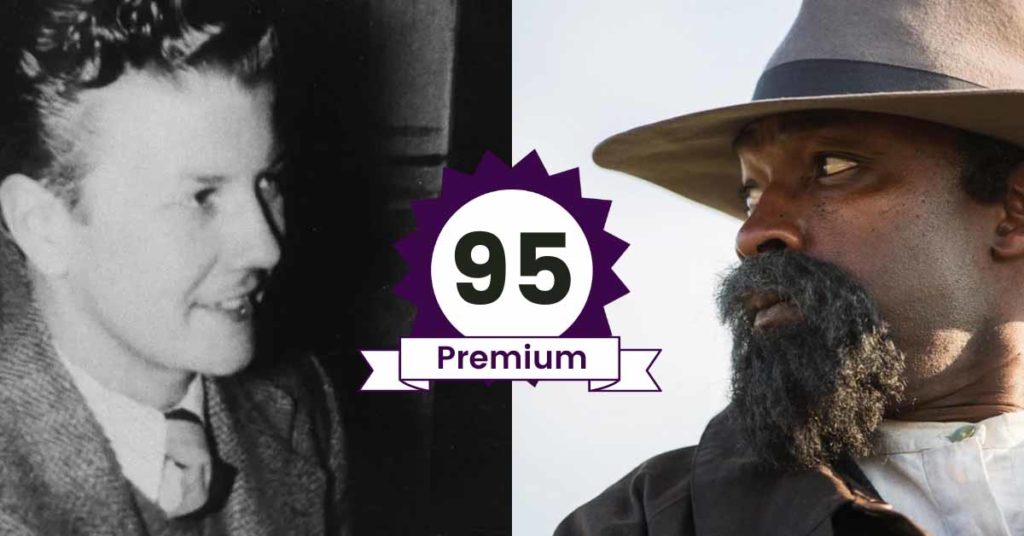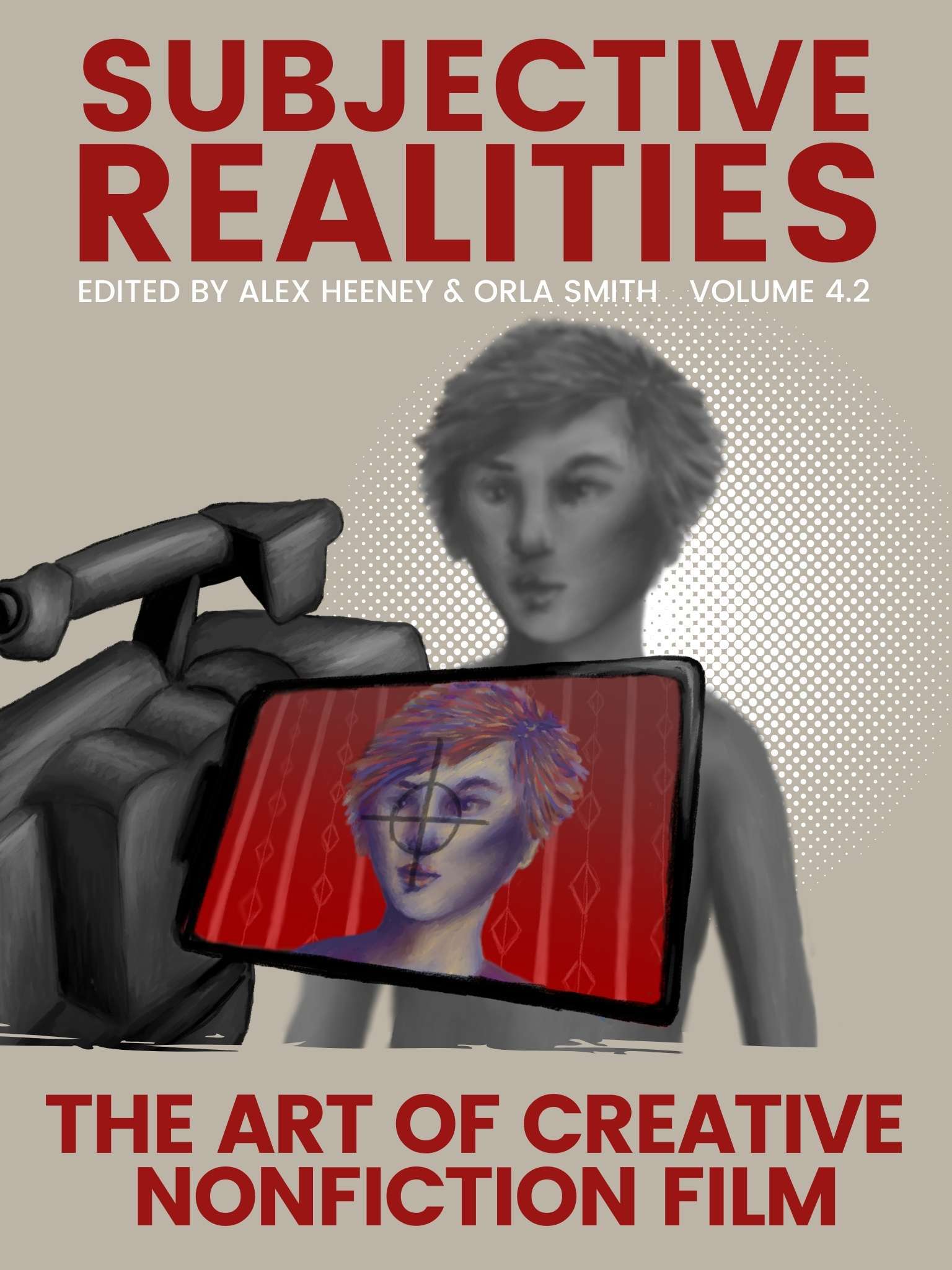We discuss two of the best films of 2021, No Ordinary Man and John Ware Reclaimed, documentaries that use creative techniques to reclaim lost history. We touch on why nonfiction is such a great medium for telling historical stories, because it’s uniquely equipped to connect those stories to our lives today.
This episode is a Seventh Row members exclusive, as are all episodes older than six months. Click here to become a member.

This episode features Editor-in-Chief Alex Heeney (@bwestcineaste), Executive Editor Orla Smith (@orlamango), Associate Editor Brett Pardy (@antiqueipod), and special guest Courtney Small (@SmallMind).
On this episode
- 0:00:00, Introduction
- 0:03:10, Creative Nonfiction Workshop
- 0:06:55, Related episodes
- 0:08:45, A deep dive on No Ordinary Man
- 0:27:56, A deep dive on John Ware Reclaimed
- 0:45:30, Comparing how both films use nonfiction to reclaim history
- 1:21:35, Outro and next week on the podcast
No Ordinary Man (Aisling Chin-Yee and Chase Joynt)
No Ordinary Man’s subject is Billy Tipton, an influential jazz musician who worked between the 1930s and 1970s. It wasn’t until 1989, when Tipton died in the arms of his son, Billy Jr., that Tipton’s family and the public discovered that he was assigned female at birth. After his death, Tipton’s story was twisted: Tipton was unequivocally a trans man, but the cis-dominated media presented him as a woman who dressed as a man in order to get a foot in the door in the music industry. Even the most cited text about Tipton’s life, Suits Me: The Double Life of Billy Tipton by Dianne Middlebrook, framed his story around this harmful narrative. In the film, directors Aisling Chin-Yee and Chase Joynt interview experts and family members of Tipton. They also audition transmasculine actors to play the part of Billy, and discuss with them the impact of Billy’s legacy on their own lives.
John Ware Reclaimed (Cheryl Foggo)
Cheryl Foggo’s John Ware Reclaimed is part of her ongoing project of research into the story of John Ware, which has included a book and a play. John Ware was a successful Black Albertan rancher who began his life as an enslaved American before moving to Canada in 1882. What little was known about him before her work was compiled in Grant MacEwan’s book John Ware’s Cow Country, which is full of racist stereotypes about Black masculinity. Through interviews, newspaper clippings, original songs, animation, and reenactments, Foggo creates a new mythology around John Ware and illuminates the stories of members of his family, as well. The film follows Foggo through her research process, which involves talking to academics, people who knew Ware’s family, people who have succeeded him on the land, and personal friends, she reveals how Black history has been obscured in the prairies. She also relates John Ware’s story, and its erasure, to her experience — and the experience of people she talks to — as a Black woman in the prairies.
Episode notes
- Pre-register for the 2021 Creative Nonfiction Workshop, featuring the directors of John Ware Reclaimed and No Ordinary Man
- Read Orla’s interview with Aisling Chin-Yee and Chase Joynt on No Ordinary Man
- Read Brian Tallerico’s rogerebert.com review of No Ordinary Man
- Read Alex’s interview with Cheryl Foggo on John Ware Reclaimed
- Read Courtney’s POV Magazine review of John Ware Reclaimed
- Watch the documentary By Blood
- Watch Chloé Galibert-Laîné’s desktop documentaries
- Read Courtney’s publication Cinema Axis
- Read Courtney’s reviews on his Rotten Tomatoes page
- Buy the latest issue of POV Magazine to read Courtney’s feature on Black trailblazers in documentary, and to read the cover story interview with the great Elle-Máijá Tailfeathers
Related episodes
- Ep. 12: Hail Satan? featuring director Penny Lane
- Ep. 39: Jeff Barnaby’s Rhymes for Young Ghouls and Blood Quantum
Both of these episodes are older than six months, and thus they’re only available to Seventh Row members as part of the Premium Podcast feed. Membership is cheap and comes with a ton of benefits. Click here to find out more.


